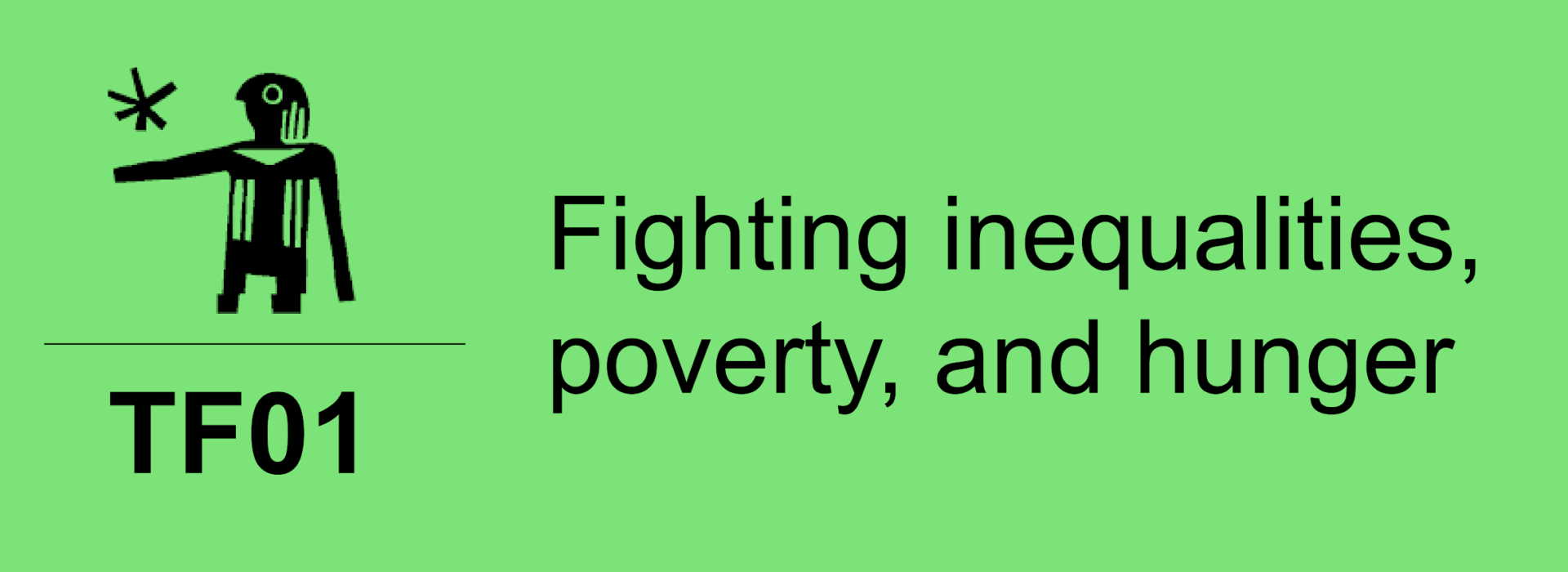The Global Alliance against Hunger and Poverty launched by Brazil’s G20 Presidency builds on a long history of G20 efforts to address global food and nutritional insecurity. However, unlike previous initiatives which focused primarily on the G20’s contribution to addressing hunger in low-income countries, the Global Alliance has the potential to innovate in this field by strengthening mutual learning for domestic policy action in G20 countries themselves, as well as enhancing North-South, South-South (SSC) and Trilateral Development Cooperation (TDC). Hunger and poverty are not limited to lower-income countries. Severe food insecurity increased in every region of the world in 2021, including in high-income areas and across all G20 countries. Given the universal framing of the Sustainable Development Goals (SDGs), the fact that the world is currently off track to achieve the goal of Zero Hunger should encourage G20 countries to support multilateral action at the global level while at the same time intensifying policy learning to support their own domestic efforts to tackle these challenges. In recent decades, TDC and SSC have enabled many countries in the Global South to share knowledge on effective policies to tackle hunger and poverty. This Policy Brief draws on specific lessons from two examples that make use of the Brazilian experience with strong civil society and academic engagement to develop recommendations for the recently announced Global Alliance Against Hunger and Poverty. It proposes a strategy for enhancing the potential of TDC to foster mutual learning on hunger and poverty reduction among G20 countries, as well as action by G20 members to support other countries and strengthen United Nations (UN)-led multilateral efforts. It also discusses risks and opportunities for the proposed Alliance to support scaling up local and national innovations to address entrenched and intersecting inequalities.
Register for Updates
Would you like to receive updates on the Global Solutions Initiative, upcoming events, G7 and G20-related developments and the future of multilateralism? Then subscribe here!
1 You hereby agree that the personal data provided may be used for the purpose of updates on the Global Solutions Initiative by the Global Solutions Initiative Foundation gemeinnützige GmbH. Your consent is revocable at any time (by e-mail to contact@global-solutions-initiative.org or to the contact data given in the imprint). The update is sent in accordance with the privacy policy and to advertise the Global Solutions Initiative’s own products and services.









